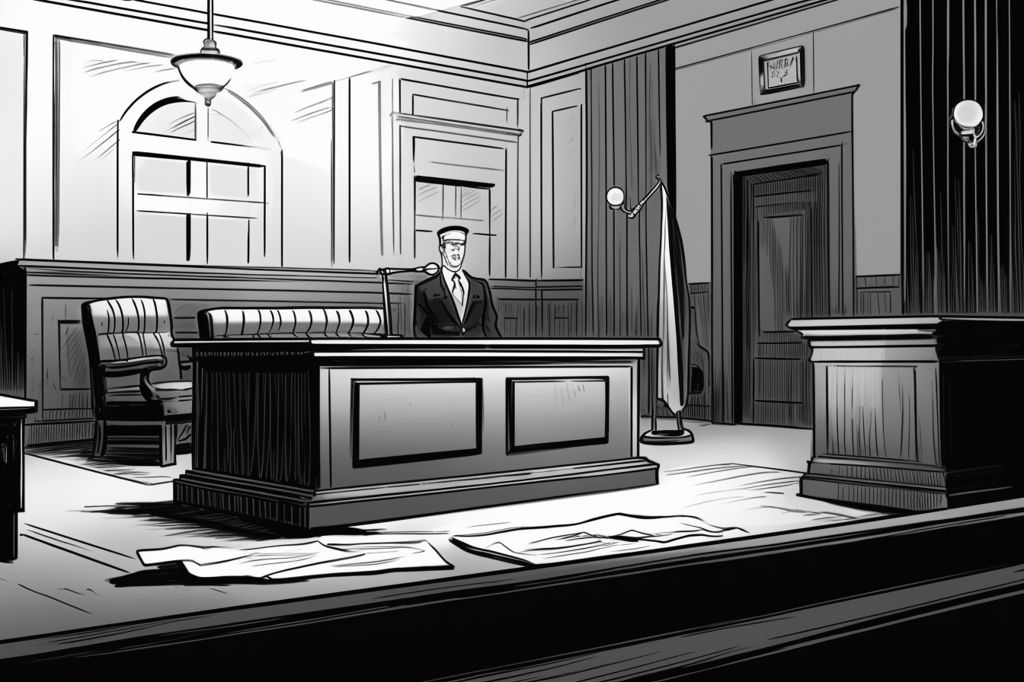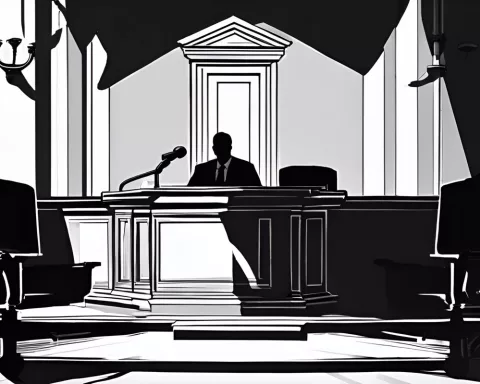Ukiliho Kayishema Fulgence, a fugitive accused of masterminding the massacre of more than 2,000 Tutsi refugees during the 1994 Rwandan genocide, has been apprehended in Paarl, South Africa. With a 27-year-long manhunt, Fulgence now faces a list of 52 charges, including multiple counts related to the Refugees Act and Immigration Act. This article explores the key aspects of the story, shedding light on the decades-long evasion and the legal implications at hand.
Fulgence’s Appearance in Cape Town Magistrates’ Court
Fulgence made his third appearance in the Cape Town Magistrates’ Court, where the charges were presented. The court papers indicate that aside from his direct involvement in the Rwandan genocide, Fulgence also faced numerous charges of immigration fraud. According to the charges, he deceived the South African Department of Home Affairs into believing he was a Burundian national named Fulgence Dende-Minana, enabling him to obtain refugee status in 2000 and 2004.
Charges Against Fulgence
The warrant for Fulgence’s arrest dates back to March 2019, with charges including genocide, complicity in genocide, conspiracy to commit genocide, and extermination as a crime against humanity. Eric Ntabazalila, spokesperson for the National Prosecuting Authority, shared details of the additional charges, which now total 54. These encompass nine counts of fraud, 10 counts of contravening the Refugees Act 130 of 1998, and 35 counts of contravening the Immigration Act 13 of 2002.
Defense Team’s Request for Adjournment
The defense team received the comprehensive charge sheet and had requested an adjournment for further consultation with their client. They informed the court that Fulgence had been moved from Pollsmoor Prison to Helderstroom Prison in Caledon, complicating their consultation process. The state agreed to the postponement, citing the case’s interest in justice.
Future Developments and Implications
The world watches closely as the court proceedings continue, waiting to see if justice will prevail for the victims of the Rwandan genocide and their families. While the defense has yet to announce whether they will seek bail, the upcoming developments will reveal more about Fulgence’s fate and the legal implications of his decades-long evasion.
The case of Ukiliho Kayishema Fulgence highlights the consequences of historical atrocities and the pursuit of justice for victims. As the legal proceedings unfold, it provides an opportunity to reflect on the broader implications of the Rwandan genocide and the need for international cooperation in the fight against impunity for such heinous crimes.












